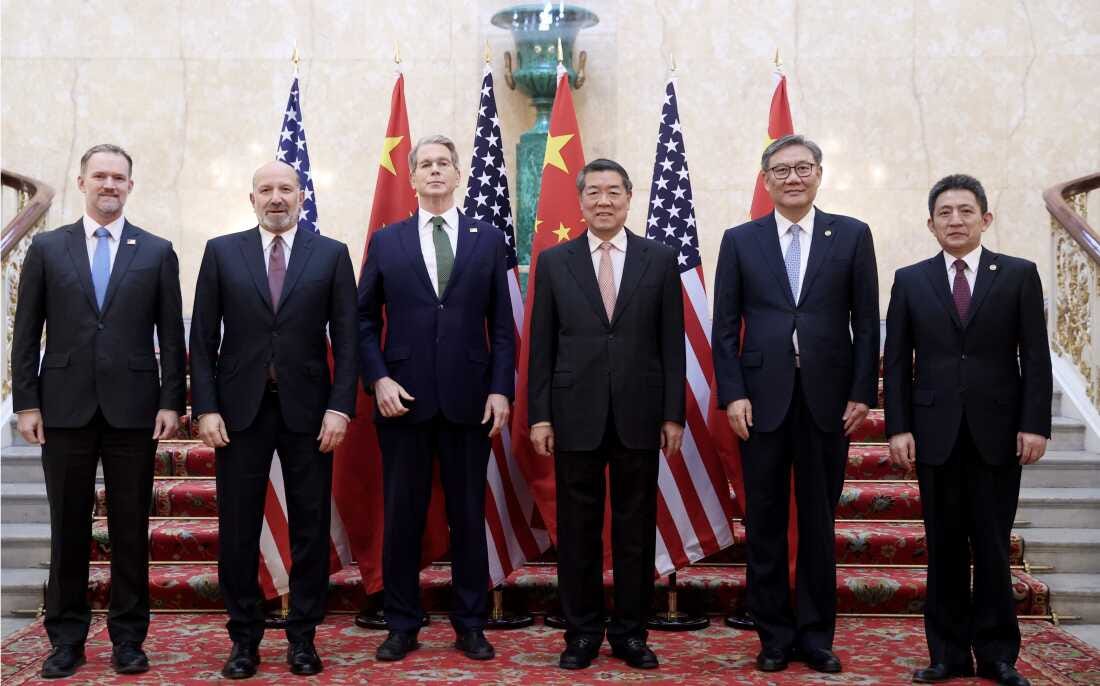June 17, 2025
Welcome to The Spy Hunter newsletter!
In this week’s edition:
Tesla files a lawsuit against a former engineer with ties to a Chinese defense university, accusing him of stealing sensitive data related to robotic hand designs and launching a competing startup.
🔎Economic Espionage Case of the Week
What happened?
In the U.S., Tesla has filed a lawsuit against Zhongjie “Jay” Li, a former engineer on its secretive Optimus humanoid robot project, accusing him of stealing sensitive data related to robotic hand designs and launching a competing startup, Proception Inc. Tesla alleges that Li downloaded proprietary files before leaving the company in September 2024 and founded Proception shortly after, which then rapidly developed similar robotic hands. According to a LinkedIn profile matching Li’s, he completed his bachelors degree in mechanical engineering from the Harbin Institute of Technology, one of China’s premier defense universities.
Why does it matter?
Li should have been identified early on as a high-risk individual due to his affiliations with China’s military-linked institutions. Individuals with similar profiles are frequently used in influence operations orchestrated by the Chinese Communist Party’s United Front Work Department, as well as in industrial espionage campaigns directed by the Ministry of State Security. Li graduated from a top-tier defense university in China, pursued a master’s degree at Stanford University (which has recently come under renewed scrutiny for espionage activity linked to Chinese nationals) and later secured a position at a leading U.S. tech firm working on technologies with civilian and military applications. Given that advanced robotics is a strategic priority for the Chinese government, these factors should have raised red flags, and both Tesla and U.S. law enforcement agencies should have exercised heightened oversight of Li’s access to sensitive trade secrets.
🌏Around the region
China
Last week, the U.S. and China reached a limited agreement to ease trade tensions, with China agreeing to resume exports of rare earth metals and the U.S. pulling back on proposed visa restrictions for Chinese students.
While officials described the outcome as a framework to implement earlier agreements, the deal lacks major breakthroughs and is seen as a temporary reset rather than a comprehensive resolution. The agreement is unlikely to significantly alter the broader trajectory of U.S.-China trade or geopolitical relations.
📖Best reads of the week
Chinese Industrial Espionage: What Happens in the Netherlands Doesn’t Stay in the Netherlands - The Cipher Brief
China engages in a systematic, state-sponsored, long-term campaign of industrial-espionage in the Netherlands. Dutch Defense Minister Brekelmans referred to cyber threats that are "intensifying" and singled out ASML, the leading Dutch semiconductor company, as Beijing’s principal target.
📣Upcoming Events
18 June. Looking Forward: The Future of United States-Japan-Korea Trilateral Relations - CSIS. 10:00 AM ET [in-person and online]
On the 60th anniversary of diplomatic relations between South Korea and Japan, CSIS Korea Chair will host a high-level international conference featuring world-class experts, officials, and thought leaders to build on the positive future of these critical bilateral and trilateral relationships that are core to international security, stability, and growth.
23 June. The next decade: Shaping the future of US-ROK nuclear cooperation - Atlantic Council. 9:00AM KST [online]
The Atlantic Council—in partnership with Korea Hydro and Nuclear Power (KHNP), Doosan Enerbility, and the Korea Atomic Energy Research Institute—will host a two-day conference addressing the opportunities for civil nuclear cooperation between the United States and the Republic of Korea.
🗣️Job Opportunities
Senior Manager, Global Risk & Intelligence - Paramount (Los Angeles, CA)
Research Analyst (China Studies Program) - CNA (Arlington, VA)
📰In Other News
Economic Espionage
Why are administrative judges trying to help China steal American technology? - The Hill
Ex-Google employee must face charges of stealing AI secrets for Chinese tech companies - Courthouse News Service
Geopolitical risk
Sushi Wars: Maritime Food Security, Criminal Networks and Geopolitical Risk - Fair Observer
How to Think About Geopolitics When Investing - Bloomberg
Economic Security
China’s rare-earth mineral squeeze puts defense giants in the crosshairs - CNBC
Economic Security in the Indo-Pacific: India-Japan Cooperation on Critical Minerals - CSEP
Technology
Nvidia’s first GPU was made in France — Macron wants the country to produce cutting edge chips again - CNBC
TSMC and Tokyo University team up to establish a chip lab - The Japan Times
The Technologies Fueling the Future of Fusion - Berkeley Lab
US-China relations
How Washington Has Tried to Control China’s Tech - The New York Times
Trade With China Is Becoming a One-Way Street - The Wall Street Journal
🛜Around the Web
Thank you for reading!
If you would like to leave a comment, ask a question, or make a suggestion, please post a reply below, email me at ben.forney@lazlointelligence.com, or reach out on social media:
X: @ben_forney
Bluesky: @benforney.bsky.social
LinkedIn: Ben Forney
The Spy Hunter is the personal opinion of the author and is not legal advice. Any individual or organization mentioned is presumed innocent until proven guilty. Articles or other media featured on The Spy Hunter should not be taken as an endorsement by the author.
Cover image by DALL-E









